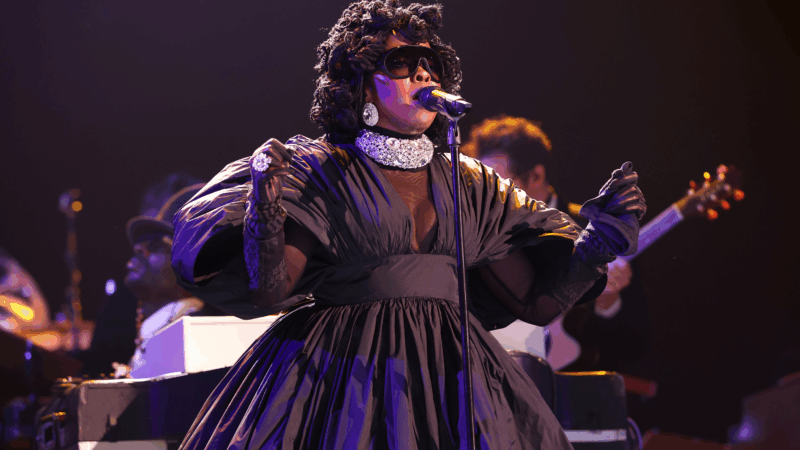Preview of the Birmingham Mayor’s Race: The Woodfin-Bell Divide
The official results are in for Birmingham’s municipal election. But the numbers leave lots of questions unanswered.
Do Birmingham voters turn out for city elections?
Birmingham has 142,800 voters, according to the City Clerk, and less than a third went to the polls or voted absentee in this city where so many battles were waged over voting rights.
At one location – Fire Station #32 on U.S. 280 — less than 2 percent of registered voters cast ballots in the city election. On the other hand, 40 percent of registered voters at Avondale Elementary School cast ballots. Overall, voter turnout for the city was just under 27 percent.
Alan Tharpe, a political science professor at Miles College, says that while voter turnout is a regular research topic, there are no clear explanations for low participation in municipal elections.
“In some European countries, Election Day is a holiday, and in some places, elections are held on weekends,” he says. Still, there’s some debate over whether holding elections on a weekend or holiday in the United States would make a difference, he says.
Is the glass half empty or half full for Woodfin or Bell?
Mayoral contender Randall Woodfin and incumbent William Bell were the top vote-getters in the August 22 election. Woodfin pulled in 15,656 votes — about 41 percent of the total. William Bell got 14,011 votes, or 36.5 percent. So Bell and Woodfin were separated by about 1,645 votes.
Tharpe says that when he talked with Birmingham’s political movers before the election, they favored Bell. But he says for students, it was clear that their choice was Woodfin.
“It’s clearly an interesting divide,” he says.
Building contractor Chris Woods had the largest share of the votes after Woodfin and Bell, who will face each other in a runoff October 3. One key question now is where will the 6,957 Woods votes go in the runoff?
Will history repeat itself in the runoff?
In December 2009, Bell trailed lawyer Patrick Cooper in an election called to replace former Mayor Larry Langford, who had been sentenced to prison.
That race had the highest percentage of voter turnout in recent years, with 41 percent of the city’s voters casting ballots. Bell beat Cooper in a runoff with 54 percent of the votes, compared with Cooper’s 46 percent.
Both candidates increased their numbers between the primary and the runoff, but it was Bell who had the greatest increase, almost tripling his previous total. He was elected mayor for the first time in January 2010.
Supreme Court appears split in tax foreclosure case
At issue is whether a county can seize homeowners' residence for unpaid property taxes and sell the house at auction for less than the homeowners would get if they put their home on the market themselves.
Top House Dem wants Justice Department to explain missing Trump-related Epstein files
After NPR reporting revealed dozens of pages of Epstein files related to President Trump appear to be missing from the public record, a top House Democrat wants to know why.
ICE won’t be at polling places this year, a Trump DHS official promises
In a call with top state voting officials, a Department of Homeland Security official stated unequivocally that immigration agents would not be patrolling polling places during this year's midterms.
Cubans from US killed after speedboat opens fire on island’s troops, Havana says
Cuba says the 10 passengers on a boat that opened fire on its soldiers were armed Cubans living in the U.S. who were trying to infiltrate the island and unleash terrorism. Secretary of State Marco Rubio says the U.S. is gathering its own information.
Surgeon general nominee Means questioned about vaccines, birth control and financial conflicts
During a confirmation hearing, senators asked Dr. Casey Means about her current positions and her past statements on a range of public health issues.
Rock & Roll Hall of Fame 2026 shortlist includes Lauryn Hill, Shakira and Wu-Tang Clan
The shortlist also includes a 1990s pop diva, heavy metal pioneers and a legendary R&B singer and producer.






